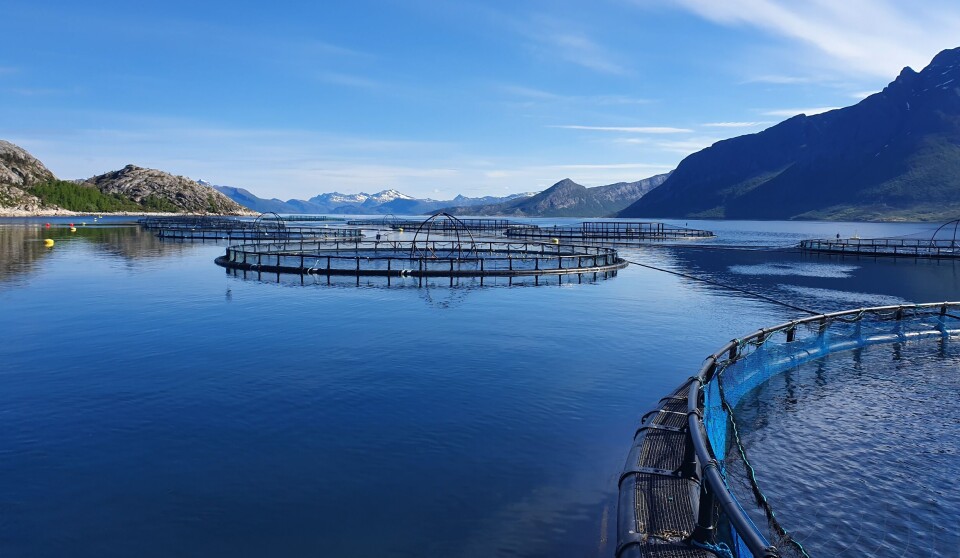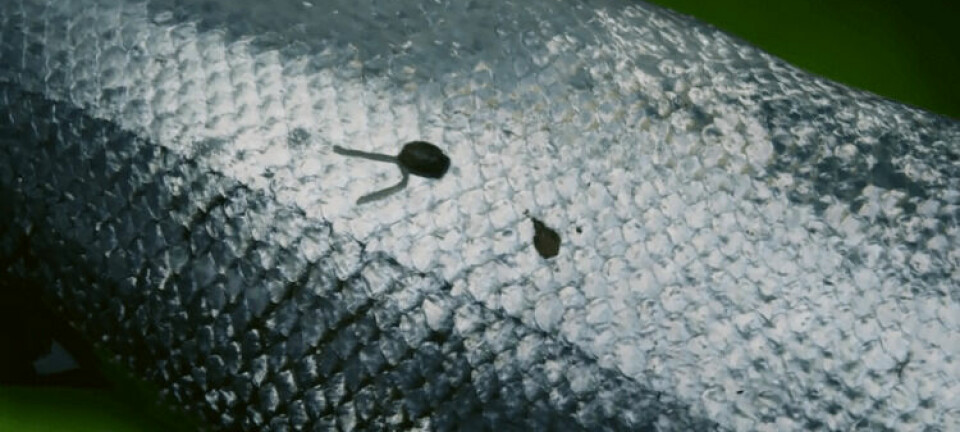
Salmon farmer Cermaq wins award from animal rights group
Tilapia grower Regal Springs also recognised by Compassion in World Farming for welfare work
Cermaq, the world’s third-largest Atlantic salmon farmer, has been given a Special Recognition Award by Compassion in World Farming (CIWF), which campaigns to improve the lives of farm animals and fish.
Norway-headquartered Cermaq, which produced around 174,000 gutted weight tonnes of salmon last year, received the award for its commitment to humane stunning slaughter methods for salmon.
The world’s biggest salmon farmer, Mowi, which expects to harvest 500,000 gwt of fish this year, received the same recognition from CIWF in 2022 for its commitment to humane stunning slaughter.
Treated with respect
Cermaq farms in Norway, Chile, and Canada. CIWF said the company’s commitment would benefit more than 45 million salmon annually.
Henrik Duesund, global fish health manager feed and fish health innovation at Cermaq, said: “We are honoured to receive a Special Recognition for the work to secure humane slaughter. Cermaq’s goal is to ensure that the animals are treated with respect and care, even in their final moments. We want to acknowledge the work CIWF is doing to bring attention to this important topic.”
Cermaq was one of 49 companies from 15 countries recognised in CIWF’s Good Farm Animal Welfare Awards announced today.
Switzerland-headquartered tilapia producer Regal Springs received CIWF’s inaugural Aquaculture Innovation Award for its commitment to fish welfare. As a global leader in tilapia production in Indonesia, Honduras, and Mexico, Regal Springs was recognised not only for its social and health initiatives that support local communities but also for its ongoing investment in research and development to promote responsible farming practices.
The company was the first tilapia producer to research, develop, and implement humane electrical stunning methods specifically for tilapia, now applied across its entire production process.
Retailers rewarded
There were also Special Recognition Awards for Dutch food store chain Albert Heijn and UK retailer Marks & Spencer, for their work in improving shrimp welfare.
Albert Heijn has effectively eliminated eyestalk ablation across its shrimp supply chain and has also reduced stocking density and introduced electrical stunning before slaughter. CIWS said the retailer’s partnership with the Shrimp Welfare Project had been instrumental in developing humane stunning solutions and setting industry standards.
Marks & Spencer, in partnership with its shrimp producers and supported by FAI Farms, has developed a comprehensive protocol to monitor the health and welfare of shrimp throughout its supply chain. This initiative aims to enhance shrimp welfare and support scientific research to address knowledge gaps and drive progress. CIWS said that by successfully establishing a shrimp supply chain free from mutilations, M&S is directly improving welfare standards, and by providing farmers with training and tools, it is advancing all aspects of shrimp welfare across their entire life cycle.
No ablation
M&S exclusively sources from producers who do not practice eyestalk ablation, making this a core requirement of its Select Farm standards. The retailer has also defined new outcome measures and initiated electric stunning trials, rolling out new stunners and updated harvest protocols. As a result, approximately 300 million shrimp annually will benefit from these advancements.
CIWF’s patron Deborah Meaden, well known as one of the “dragon” investors on television’s Dragons’ Den programme, hosted the award event in Paris today.
“It’s inspiring to see so many businesses around the world making significant strides in animal welfare and sustainability.,” said Meaden. “These awards shine a light on the growing number of companies dedicated to making positive change, at such a crucial time for farmed animals and the environment.”

























































